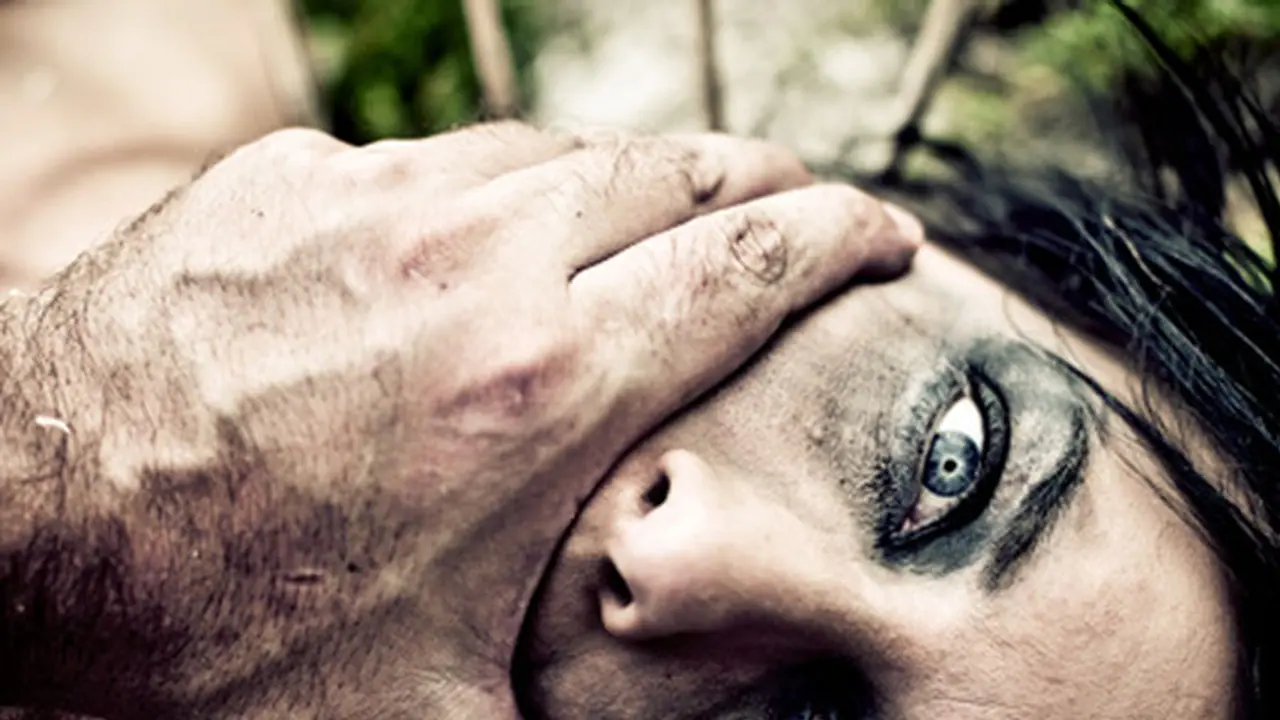A new Supreme court judgement gives hopes to filmed rape victims. The apex court has directed a special agency within the CBI to deal with rape videos. A mechanism for citizens to anonymously report rape videos will also be established.
In 2014, a gang of seven members was arrested in Hyderabad. They would scare couples using snakes, loot their valuables, take them to isolated spots, assault the girl, film the act and sell it. Their videos were found to have gone viral over Whatsapp. The snake gang that was found to have raped 37 women was sentenced to life imprisonment in May this year.

This was one of those rare cases of rapists who used rape videos as a means to threaten and also exploit it commercially, being punished. In a majority of cases, the victim does not complain, scared that the video would be sold.
Last month, a lady from Thrissur in Kerala came out in the open to talk about how she was gang-raped two years back. The victim, a 35-year-old mother of two, was allegedly gang-raped by four men, and the horrific act was reportedly shot on mobile camera. One of the alleged rapists is a CPM politician.
The victim said they had threatened to make public the video if she reported the crime to the police. She dealt with the trauma, all by herself. Scared, scarred and silent. For three months. Till her husband realised something was amiss. When she broke down and told him, he compelled her to report the incident.
Monday's Supreme Court judgement gives hopes to such victims. The apex court has directed that a special agency within the CBI will deal with rape videos. A mechanism for citizens to anonymously report rape videos will also be established.
Usually, such cases do not get pursued as the police cannot deal with these as a rape crime because there is no complainant or forensic evidence. If the perpetrators are arrested by tracking them through the video footage, they can at best be tried under the IT Act for publishing offensive content. To make a strong case of sexual assault, you need the victim's testimony, medical evidence and in most of such cases, too much time elapses before the crime is found out.
another problem is that cyber cells are reluctant to take up and investigate such cases as they have to deal with police station jurisdiction issues.
But in light of the fact that India has emerged as a huge supplier of pornography of the rape videos variety, is cause for concern. Monday's judgement is in the case filed in February 2015 by Hyderabad-based social activist Sunitha Krishnan. She had gone to court, armed with eight rape videos that she had received over social media.
The CBI was asked to investigate, and the agency could get to the bottom of six of the eight cases. But while doing so, the sleuths stumbled upon a Bengaluru-based person who had 479 such rape videos on his laptop. His interrogation revealed that he would use his contacts to access such videos for a price and supply them in the market.
Further investigation revealed that such rape videos are now available even at small stores and pan shops in small towns and cities for as less as 30 rupees. What this means is that the victim is not violated just once. Every time the rape video is seen by a voyeuristic male, she is 'raped' virtually.
Sunita Krishnan in her petition had demanded that the Ministry of Home Affairs consider setting up a National Sex Offenders Registry to make public all sex crime offenders. The MHA has been given a week's time to report on that. The ministry has maintained that it would tackle it within the Crime and Criminal Networking Tracking Systems (CCTNS). But the argument against it is that CCTNS is not equipped to deal with this effectively.
The petition had also demanded that anyone charge sheeted in a case of rape should be included in the Sex Offender registry. But now it has been agreed that only those convicted will be on the register. This would be a database to be shared nationally by the police force of all states to track rapists who tend to be repeat offenders.
